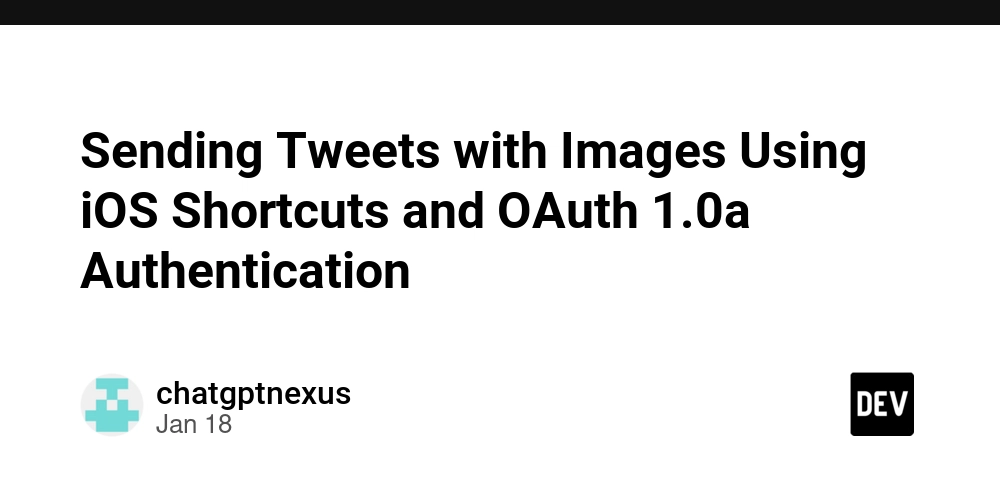UX Writing Challenge: Day 12
From: DailyUXWriting 80% done with the challenge!! Scenario: A user is creating an account. When they come to the step where they are asked to enter their name, they get an error message. A fraud detection software thinks their name is fake—but it’s wrong 5% of the time. Challenge: Write an error message that prompts them to fix the error without shaming them for having a fake-sounding name. Message: 45 characters max -- Message: Please double-check your username Why I chose this: Neutral tone: The message avoids making assumptions or accusations about the user's name, ensuring a respectful interaction. Actionable: It clearly prompts the user to take a specific action—checking their input—without introducing confusion. Concise: At 45 characters, it remains within the limit while effectively conveying the necessary information. Universal: The term “double-check” is understood across various demographics and doesn't alienate users with complex terminology. Polite and empathetic: The phrase acknowledges the user’s agency and avoids implying any fault or judgment about their name. Conclusion This error message balances clarity, politeness, and efficiency. It ensures users feel respected while addressing the issue, maintaining a positive user experience. cover image credit

From:
DailyUXWriting
80% done with the challenge!!
Scenario: A user is creating an account. When they come to the step where they are asked to enter their name, they get an error message. A fraud detection software thinks their name is fake—but it’s wrong 5% of the time.
Challenge: Write an error message that prompts them to fix the error without shaming them for having a fake-sounding name.
Message: 45 characters max
--
Message: Please double-check your username
Why I chose this:
Neutral tone: The message avoids making assumptions or accusations about the user's name, ensuring a respectful interaction.
Actionable: It clearly prompts the user to take a specific action—checking their input—without introducing confusion.
Concise: At 45 characters, it remains within the limit while effectively conveying the necessary information.
Universal: The term “double-check” is understood across various demographics and doesn't alienate users with complex terminology.
Polite and empathetic: The phrase acknowledges the user’s agency and avoids implying any fault or judgment about their name.
Conclusion
This error message balances clarity, politeness, and efficiency. It ensures users feel respected while addressing the issue, maintaining a positive user experience.
















![[FREE EBOOKS] The Kubernetes Book, JavaScript & Four More Best Selling Titles](https://www.javacodegeeks.com/wp-content/uploads/2012/12/jcg-logo.jpg)


